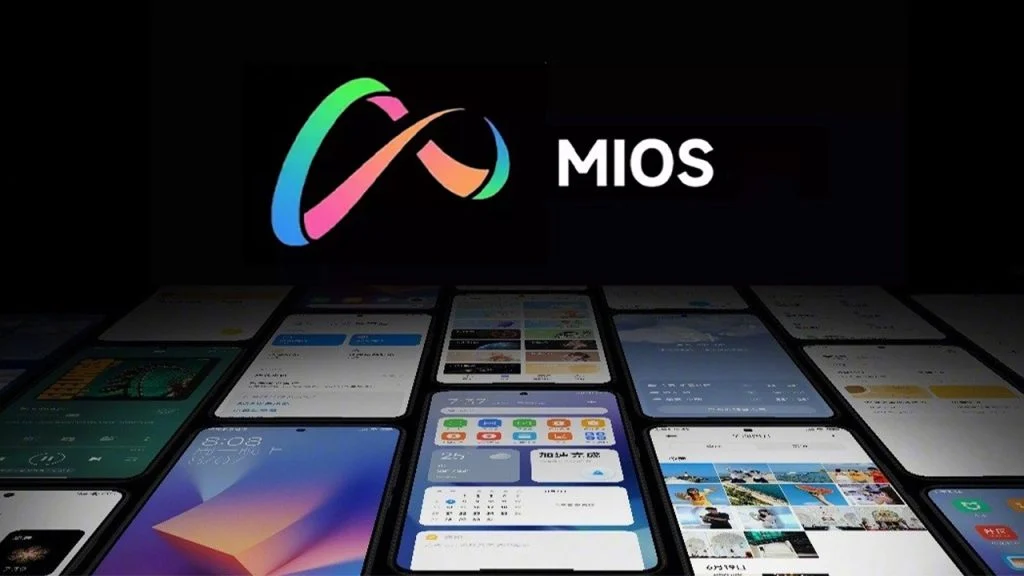The realm of traditional Chinese medicine (TCM) could be on the cusp of a significant transformation with the integration of AI technology. The Haihe Qibo model, named after a renowned TCM doctor and Tianjin's iconic river, has completed successful testing and is now eyeing global markets. This model symbolizes a crucial link between age-old practices and cutting-edge innovations.
Multilingual Capabilities and Data Foundation
Haihe Qibo distinguishes itself with its multilingual functionality, a feature previously absent in major TCM data models. This enhancement not only broadens its reach to a global audience but also facilitates wider adoption. Moreover, the model is backed by a substantial data repository, drawing from extensive resources such as Chinese text databases, specialized TCM knowledge, and historical medical archives. This wealth of data enables precise and dependable AI-driven TCM analyses.
AI in Healthcare: Enhanced Diagnoses and Drug Development
The potential applications of Haihe Qibo are vast. Local healthcare services can leverage its capabilities for more accurate diagnoses, ultimately improving patient care. Pharmaceutical firms stand to benefit by using the model to scrutinize TCM components and mechanisms, potentially catalyzing advancements in new drug research. The model's monitoring and regulation features also offer advantages in quality control of TCM products.
Future Prospects and Global Deployment
Initial deployment focus will center on China and Southeast Asia, regions deeply rooted in TCM traditions. This targeted approach allows for further enhancements based on practical experiences in established markets. Nevertheless, experts foresee broader implications beyond these initial stages. The fusion of AI and TCM is anticipated to revolutionize the sector, enhancing product quality, fostering innovation, and rejuvenating traditional knowledge systems.
The Haihe Qibo model signifies a promising stride towards harmonizing ancient wisdom with contemporary technological breakthroughs. With its potential to elevate diagnostics, drug innovation, and product quality, this model could significantly influence the future landscape of traditional Chinese medicine. The recent deployment serves as a prelude to even grander possibilities that lie ahead.


